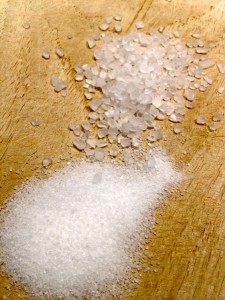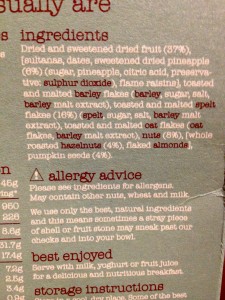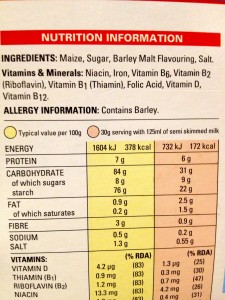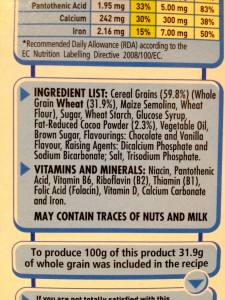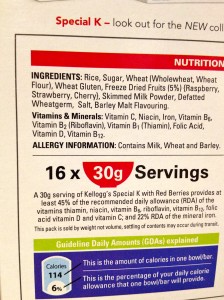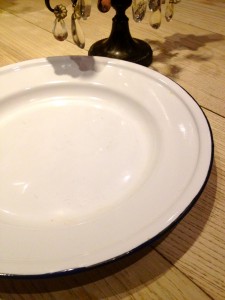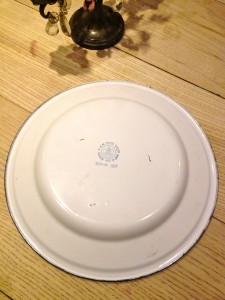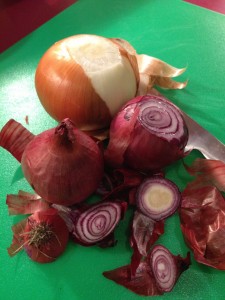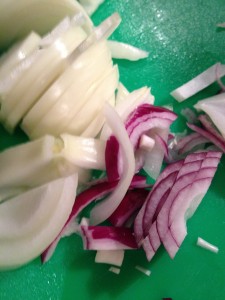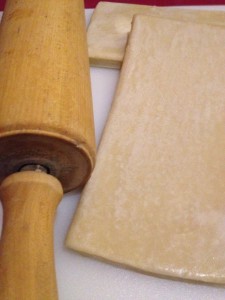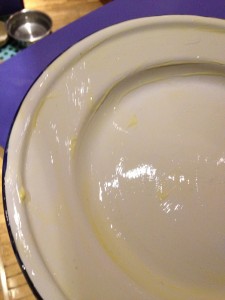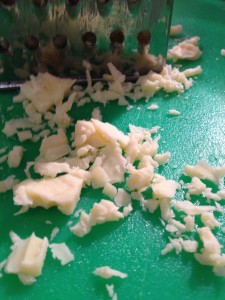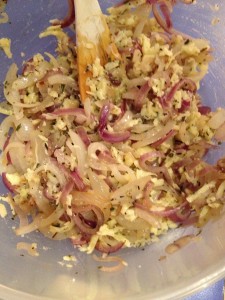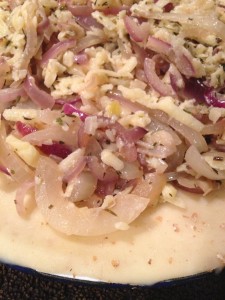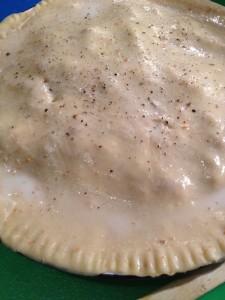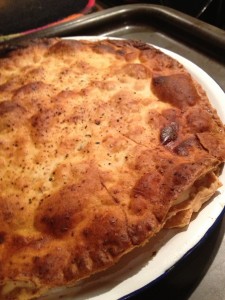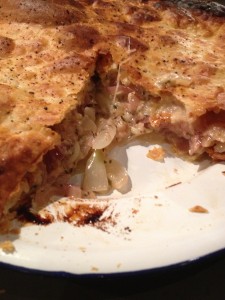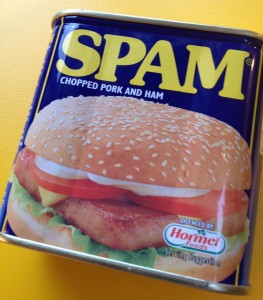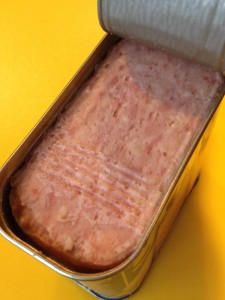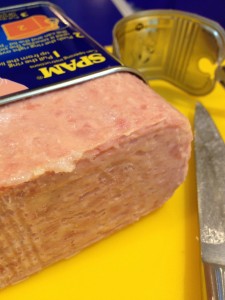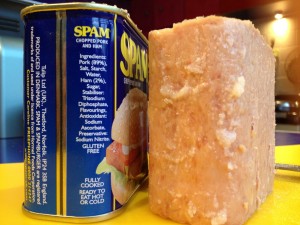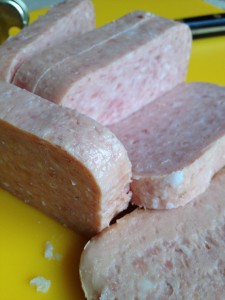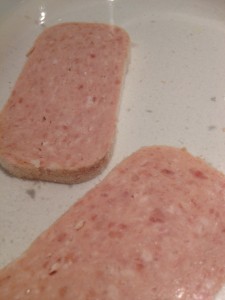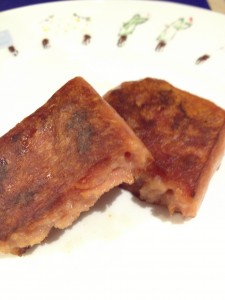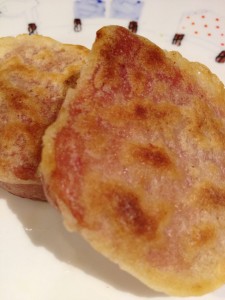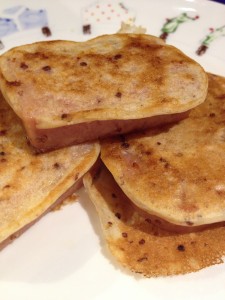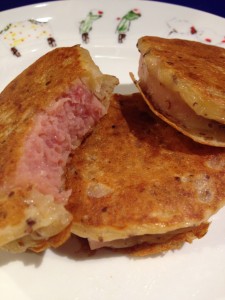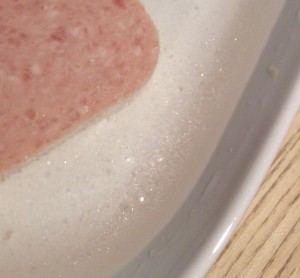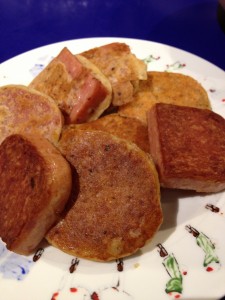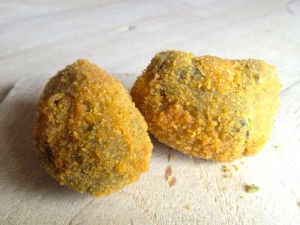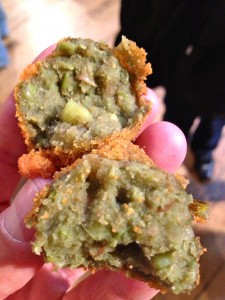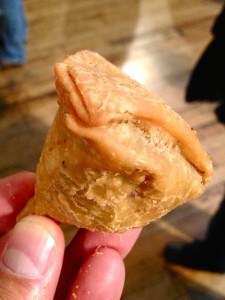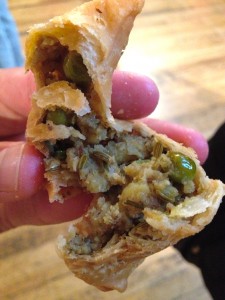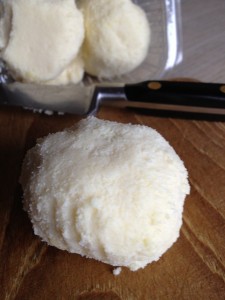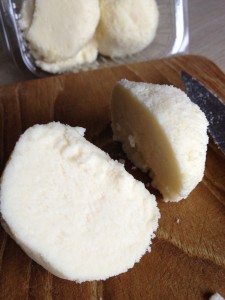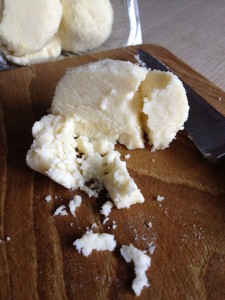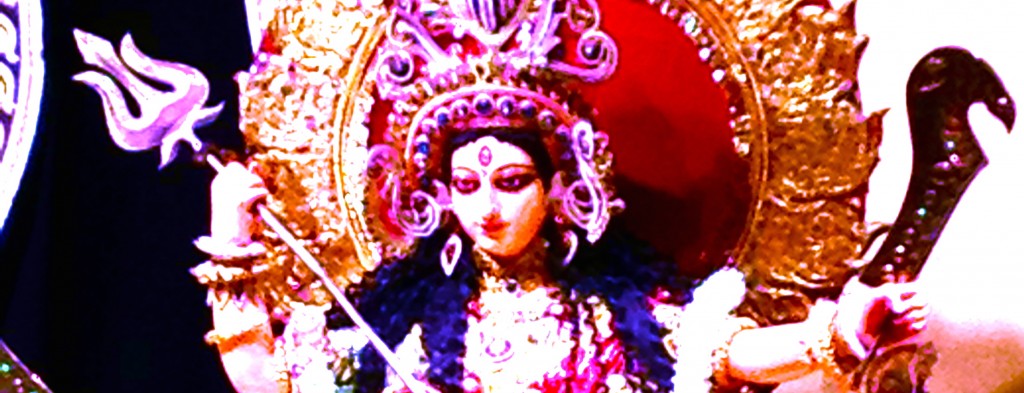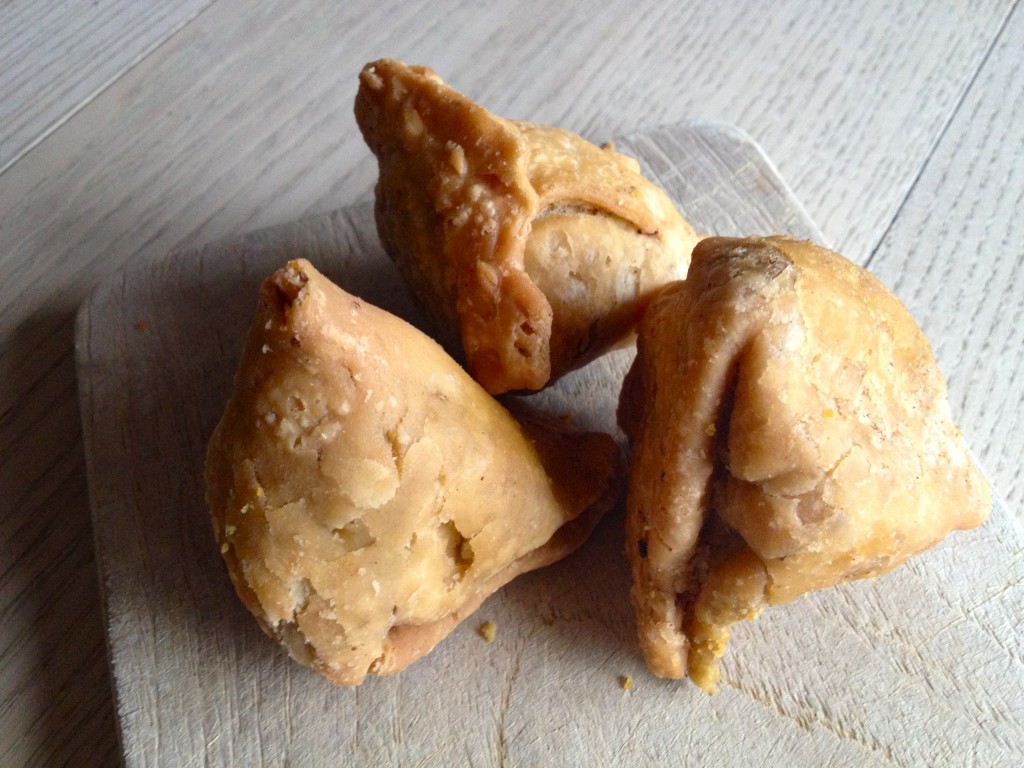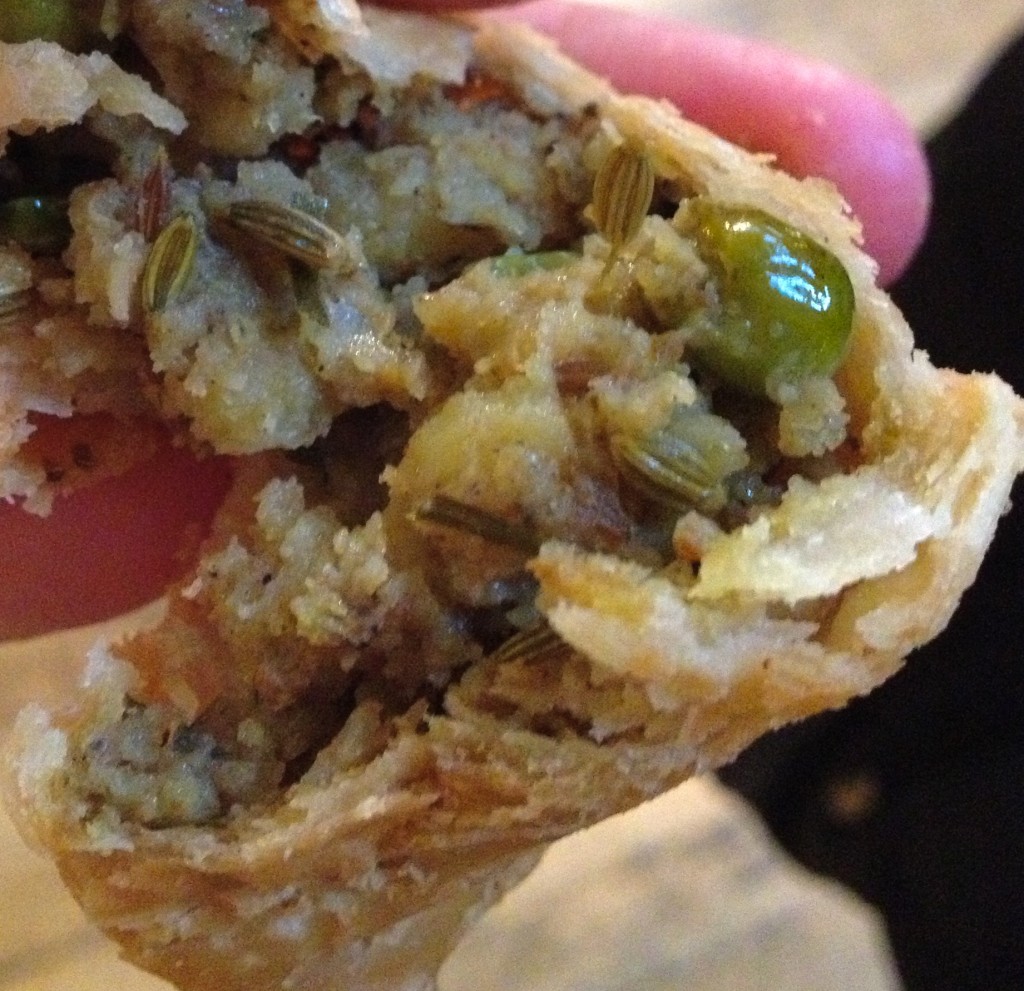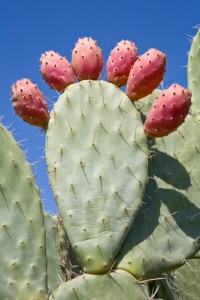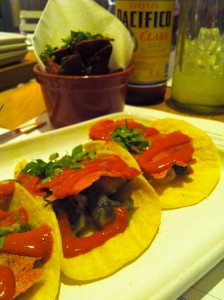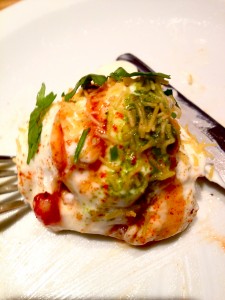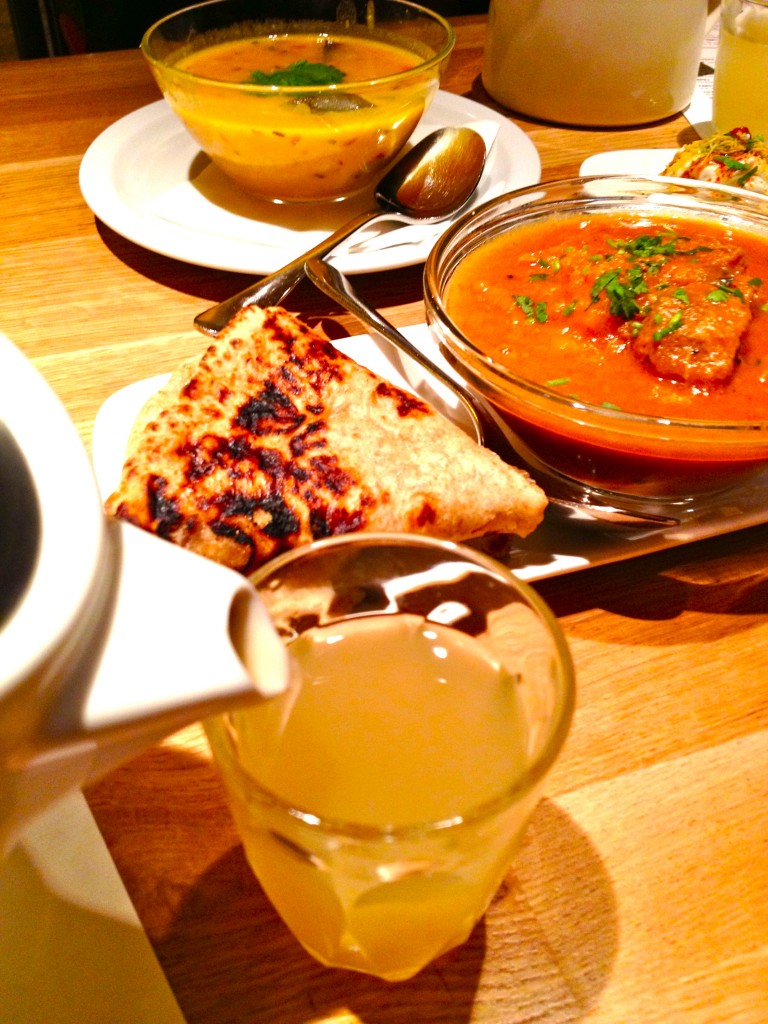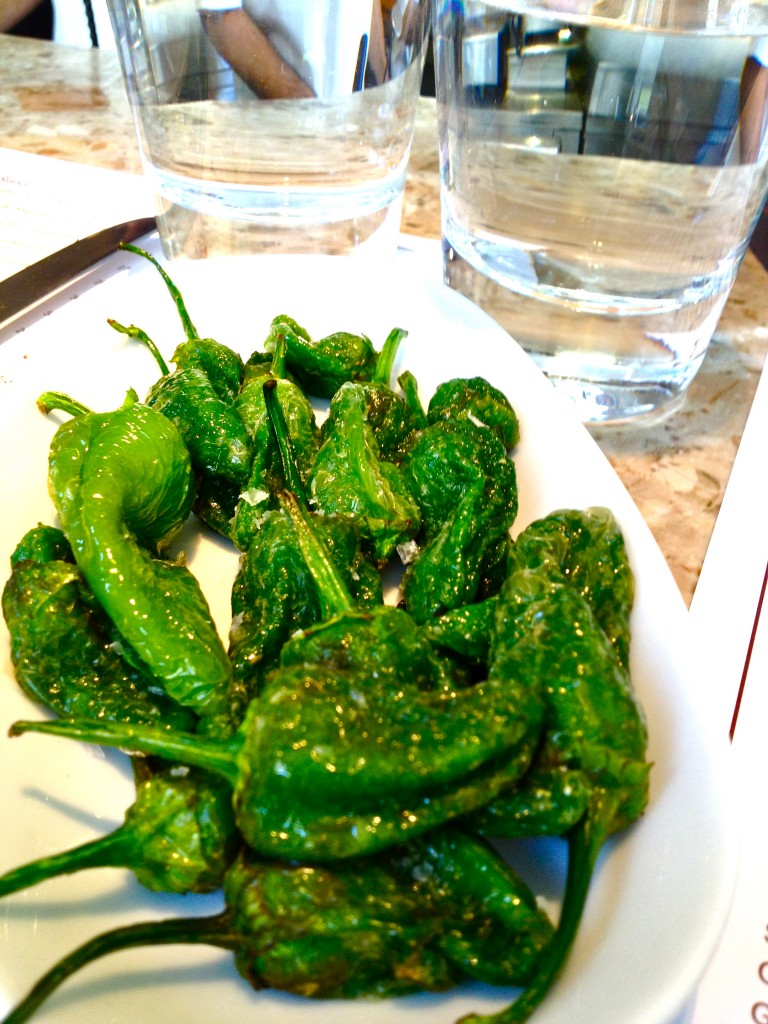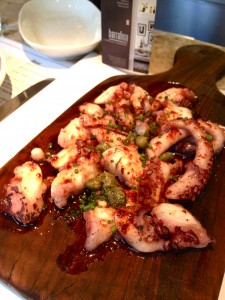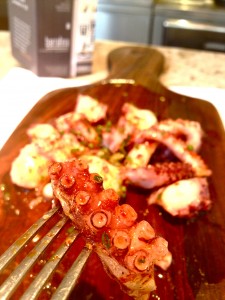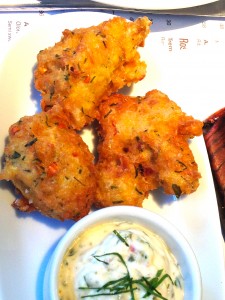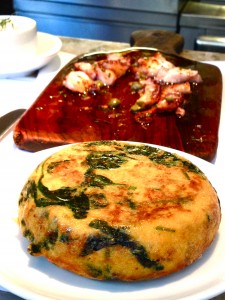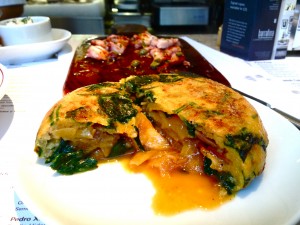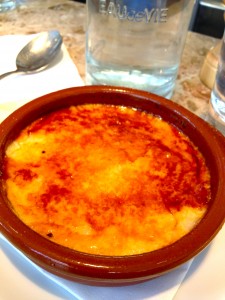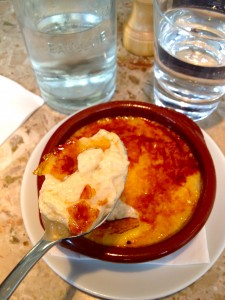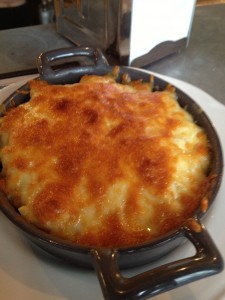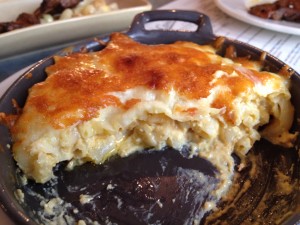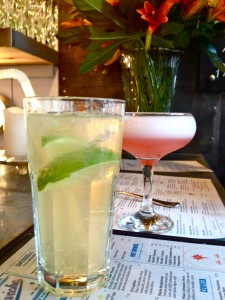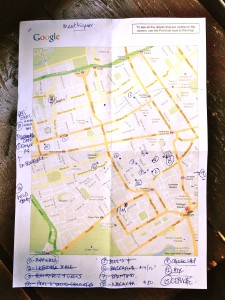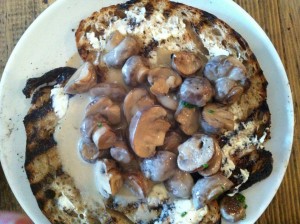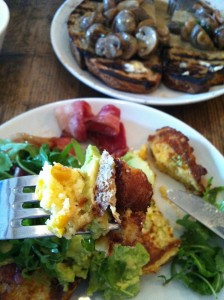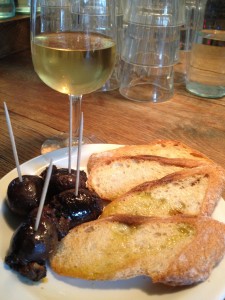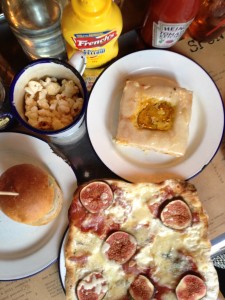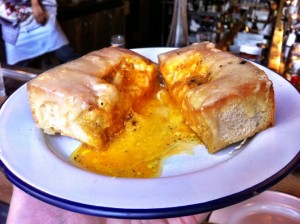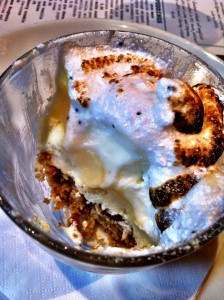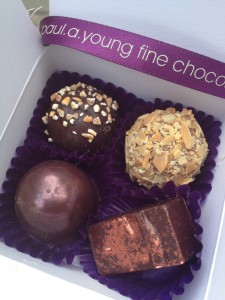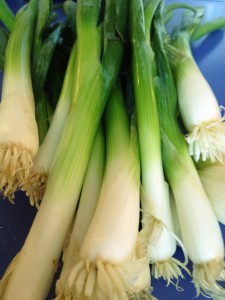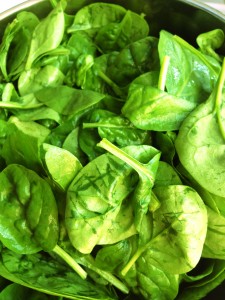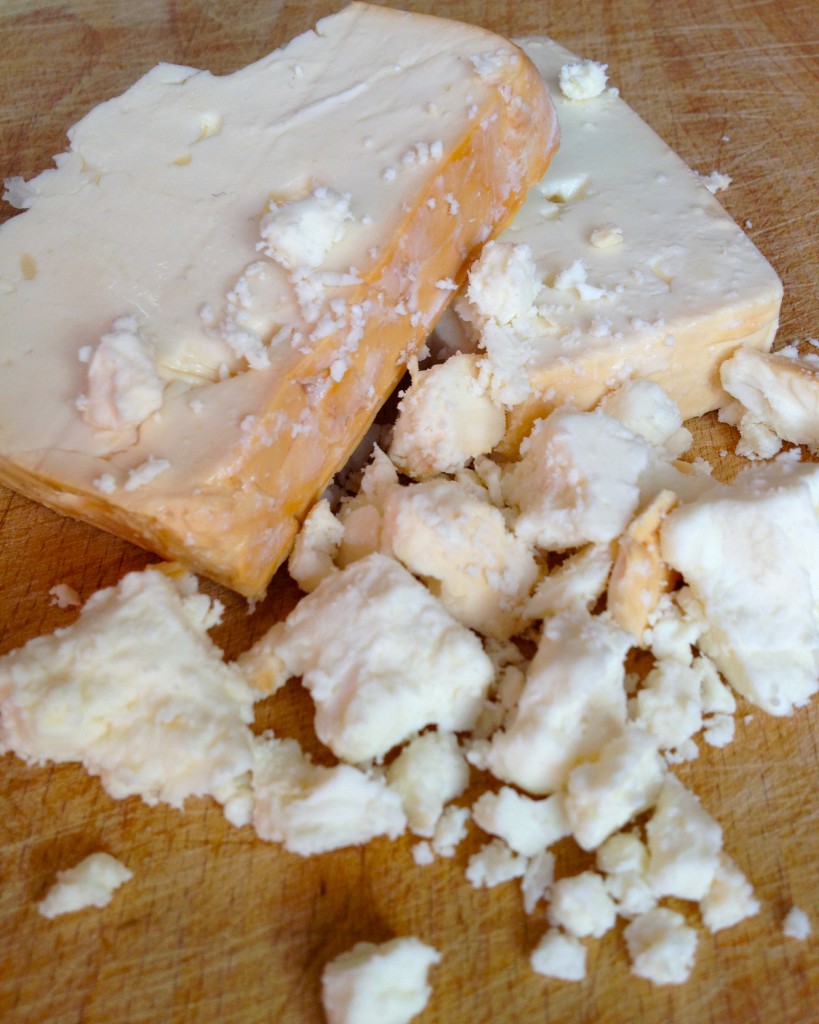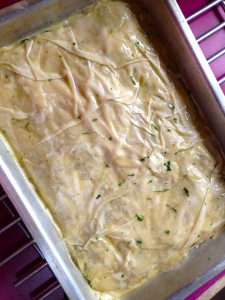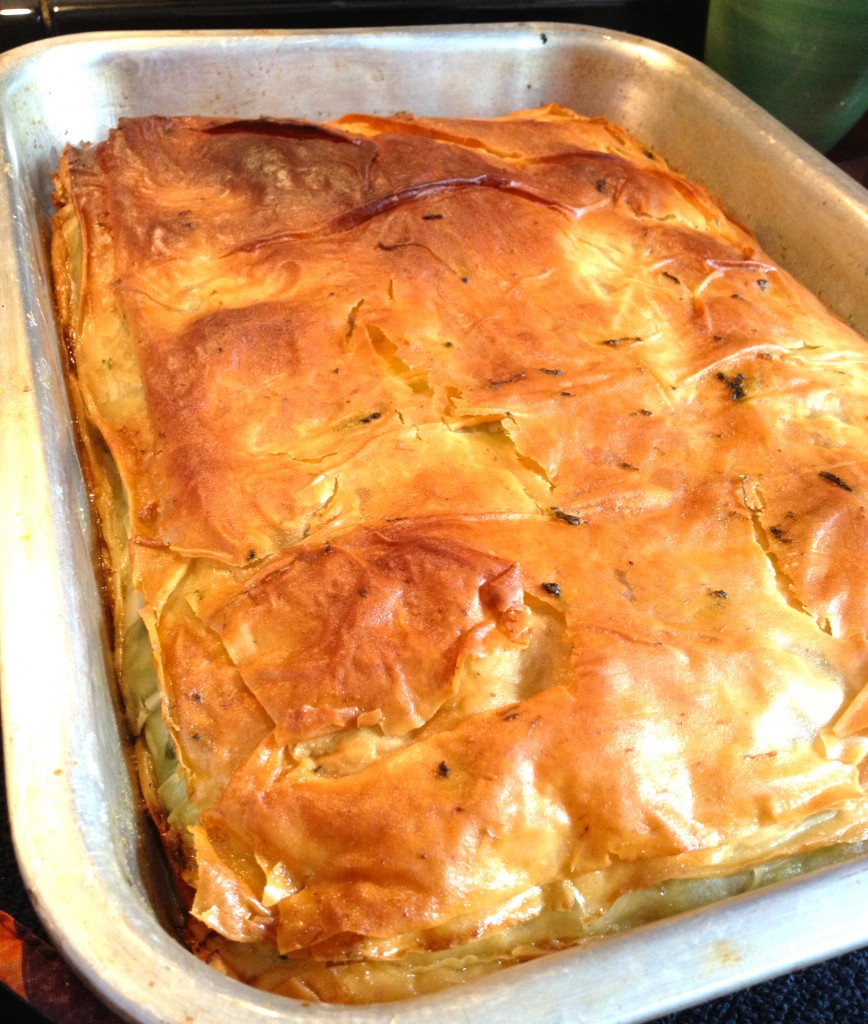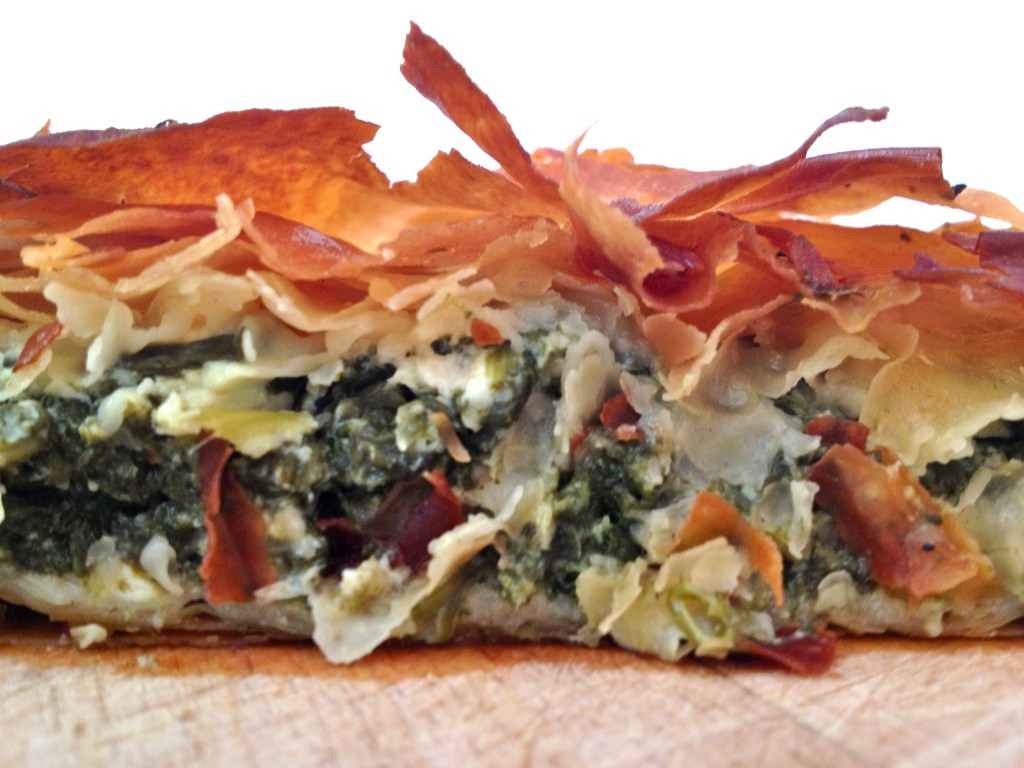The foodstuff they all love to hate at the moment is sugar, so to properly quote (and yet bastardise) that most often misquoted saying…the love of sugar is the root of all evil…or is it…?
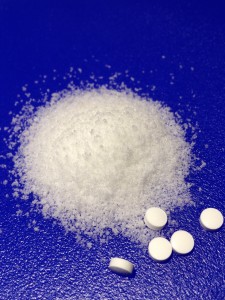
In truth we need some sugar, it’s one of our bodies preferred fuels. The naturally occurring sugars in plants and fruits, that is, (such as sucrose) all become glucose the body’s favourite fuel. NOT the refined, derived commodity that has taken over our dietary world – which is what this post is about. Over thousands of years our bodies have developed an ability to process sugar one way or another, not at the amounts we are consuming it, but fundamentally. And, like many things these days, there is a dividing attitude to sugar…there’s good sugar and bad sugar you might hear said, or may even believe it yourself….but it’s not actually true. Sorry. So-called ‘natural’ sweeteners can be almost as bad, high in fructose and with an equal quantity of calories, and yet, artificial ones like stevia and sucralose are being touted as safe and almost marvellous…it’s a candy-coated minefield…and potentially a deadly poison.
So, let’s see if we can get to the bottom of this (before it gets to ours) or at least stir up a few of yer-actual-facts and, as per, arm ourselves with information. Let’s be thorough about this and start with the question, ‘What is sugar?’
Sugar is the term used for a group of sweet substances that are used in, and as, food. They are a carbohydrate and classed as ’empty calories’ (having the same energy content as other calories but have none of the redeeming additions like fibre or any vitamins or minerals). So already you see OBVIOUSLY not all calories are the same, right…?
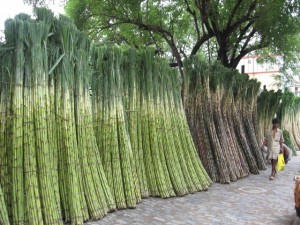
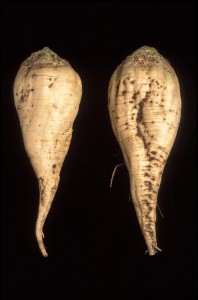
There are various types that come from different sources but the main source for many decades has been sugar cane (and sugar beets) which itself has been the subject of much wrangle and fighting. Sugar is an ancient commodity and was being processed from sugar cane in India half a century before Christ was born but it wasn’t until the boom in production during the eighteenth century that it went so global and The West clamoured for this sweet fix and simply couldn’t get enough. It’s arguable it’s been like that ever since but has also brought the dark clouds of illness with it by association – diabetes, tooth decay, obesity and various other horrors have been, and are being linked to the consumption of sugar.
Essentially sugar starts out as, say, sugar cane and the juice (sucrose) is extracted by pulping the canes and then clarified. This juice has water extracted and the resulting syrup is heated until crystals form. The last remaining moisture is separated from these crystals with centrifugal force and the resulting brown solids are called ‘raw’ sugar. To create white sugar this raw product is treated with chemicals (sulphur dioxide) and filtered and dried to prevent it clumping.
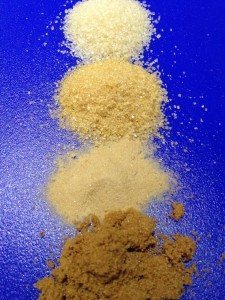
Brown sugars are this same white sugar with a varying amount of the dark surface molasses left in tact or simply added back – be aware that often brown sugar is simply white sugar with a tinge of the molasses, that was extracted in the refining process, reintroduced to colour it…yes, I’m afraid so…BUT HOLD ON…what am I saying?!? It’s all the same thing anyway and even though the sugar companies will argue it’s a ‘natural product’ and doesn’t contain any artificial preservatives, colourings or any other additives…it also doesn’t contain anything useful. Arguing less refined sugar is better for you is ridiculous not least because the sugar canes and sugar beets contained practically zero nutrients in the first place.
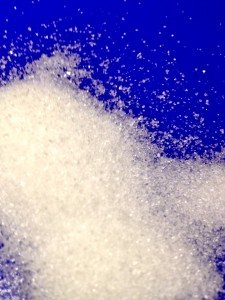
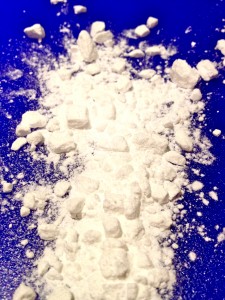
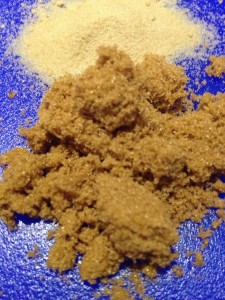
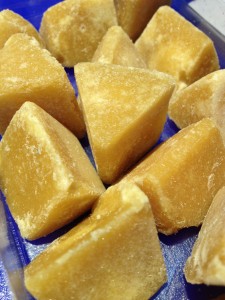
Common white sugars like granulated, castor and icing are the same thing but in different granule size. Icing sugar is powdered and has cornstarch added to keep it from clumping. There’s even a possibility that our sugar isn’t actually vegetarian and certainly not vegan…if the filtration process used a form of ‘natural carbon’ otherwise known as bone char! White sugars and brown sugars have the same nutritional value regardless of the molasses content…so that’s the end of ‘have brown sugar it’s healthier’ as an idea! It’s all the same. But is it really bad for us?
Sugar performs a huge variety of functions in food products, in addition to providing a sweet taste and flavour. Sugar is used as a preservative, to inhibit the growth of microorganisms, to hold moisture and prevent staleness, to enhance texture and colours, and to support fermentation in products containing yeast, such as bread. It is also used to counteract the loss of flavour when fat is taken out of foodstuffs. In these roles and others, sugar is an important and versatile fixture for these industries…but not for us.
Yes, we need sugar but in such minute doses compared to the amount we actually consume.Eating things that are termed ‘natural whole foods’ as much as possible is the key. This is basically meat, vegetables and fruit that haven’t been treated or processed in any way. Thousands of everyday items you buy in packets, tins and the like will have sugar in them somewhere. Some obvious some not so. Here’s a list of the most infamous:
…beet, brown, cane, confectionary, corn, granulated, inverted, maple, raw and turbinado sugars…
…agave, corn, high fructose corn, malt and rice syrups…
…corn sweetener, dehydrated cane juice, dextrin, fruit juice concentrate, honey, isomalt, maltodextrin, molasses, sorghum and treacle!
Then there’s mannitol, sorbitol, xylitol, erythritol (all sugar alcohols)…
…and don’t forget dextrose, fructose, galactose, glucose, lactose, levulose, maltose, saccharose, sucrose, xylose.
(We need a tune to sing this to and learn so we never forget them…)
These and refined grain products, like the much vilified High Fructose Corn Syrup, have crept into everything these days from obvious places like cans of pop to more hidden culprits like bread, yoghurt and cereal. A majority of processed foods and packaged, tinned and pre-prepared items have sugar in (especially those labelled low and non-fat). Read the labels in your cupboards now and you will be staggered how many everyday things have sugar of one form or another added to them (and salt but we will cover that later). This is SO IMPORTANT because the ‘hidden’ sugar slipped in under a name we don’t recognise, and therefore rarely stop to explore, is just as dangerous (if not more so if it’s a lab created Franken-sugar!) Please be vigilant…!
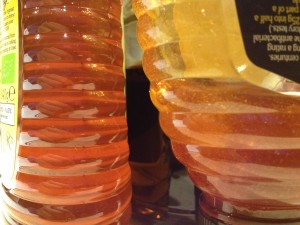
If you believe that honey or agave is better for you than sugar than please look away now. It is not. Ok, in a trump card style battle RAW honey would only beat sugar due to the most tenuous things. Yes it does have a less-empty-calorie card to play but it is so minimal as to be almost embarrassing. Okay it tastes nicer and it has antibacterial qualities which make it good for soothing your throat but it is still a high calorie item and around 50% fructose. Use it in face packs and sparingly in your food. Agave is another much touted ‘healthier’ option, but no, no, no! It has a high fructose content (sometimes as much as 80%) which means it’s sweeter and you might use less, but please it’s really no improvement. AND fructose is THE sugar to avoid of all the sugars. Agave is usually processed to oblivion and doesn’t remotely resemble the original natural plant product. If you must, then sweeten your life with whole fruit which also gives you nutrients, hydration and fibre.
So switch to sweeteners I hear you cry. Oh dear. Please no. True, you’ll not have a single calorie to worry about but you are instead putting an unknown chemical in your body, which has no long term testing to support it, and therefore has no vindicating evidence that it does in fact have any effect on weight loss. In fact, recent research has shown that the excessive sweetness of these substances can trick your body by priming it to prepare for a huge calorific meal and react badly when it doesn’t get it!
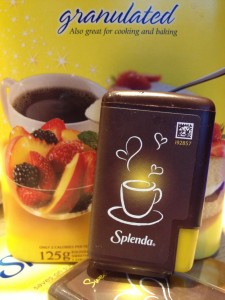
Stevia should be mentioned here as it is the newest hottest contender in the sweetener market place and, since being given a good food safety rating, it is being flung in everything. It is incredibly sweet and leaves you with that strong after taste of ‘sweeteners’ which some people apparently enjoy…! It comes from a subtropical shrub and has been used for eons by indigenous South Americans but using this as a factoid to promote it, or define it’s sugar replacing miraculous qualities, is missing the point entirely! The point being that those same indigenous types weren’t also eating all the other sugar riddled crap and anyway, more vitally, whatever sweetener you are using you are still craving and perpetuating the ‘sweet cravings’, meaning it is effecting your every choice in your food and drink intake, increasing it and actually damaging your body.
So, let’s face some facts together, and be brave, shall we? Sugar is not good in whatever form really (as it is processed the same within the body), sugar of one sort or another is simply in everything (often hidden) and we are consuming a mind boggling amount of it and this overloading is causing our bodies to crash and burn. Some reports even go as far as to say that sugar is more addictive than cocaine.
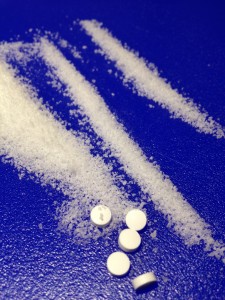
This perspective comes from the invasive way sugars and refined carbs give us that quickening of the system and elevation of mood that we all know so well…just as we all know that feeling of slumping and sluggishness that follows. Reports conclude that the prolong exposure to this kind of abuse to our bodies is causing anxiety and depression along with the more publicised disease and obesity issues.
Sugar in any form is unnecessary and bad for your body. Full stop. There’s no point trying to arrange them into some kind of sliding scale of allowability or health. So-called natural or not, too much of anything sweet with sugars or refined carbohydrates is going to bad for you.
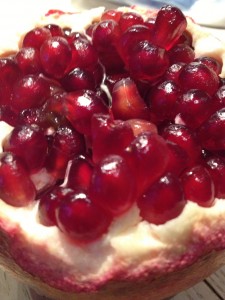
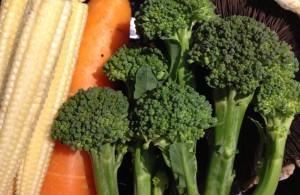
The glucose the body needs can be found (i.e. extracted) in abundance in whole grains, legumes, vegetables and, specially when the sweet tooth kicks in, fruit. Otherwise, the only thing better for you than sugar is simply to have nothing…
…hmmm, so I guess it’s time for a little sugar detox, weaning myself off sweet things and embracing natural flavours. Wish me luck…!
P.S I was sent this interesting article (thanks Grace):
http://www.guardian.co.uk/business/2012/jun/11/why-our-food-is-making-us-fat?CMP=twt_gu
